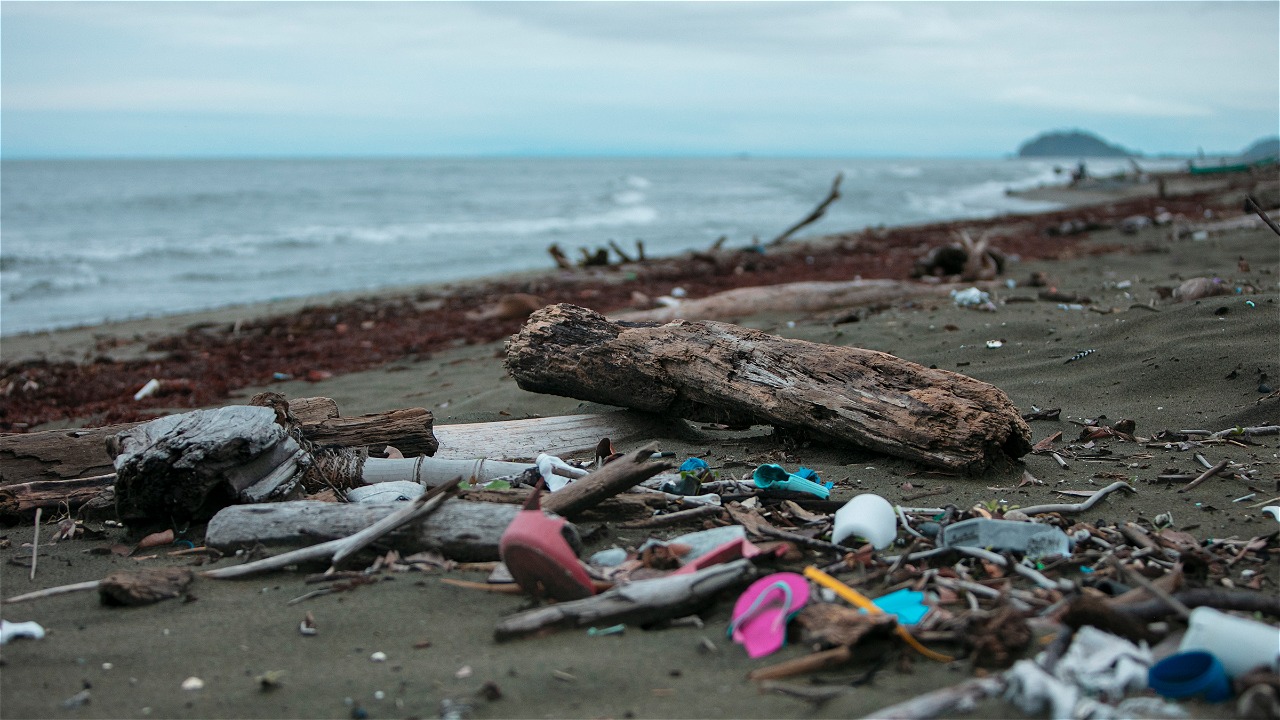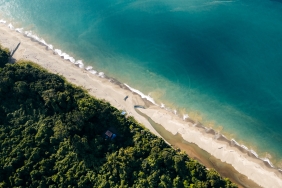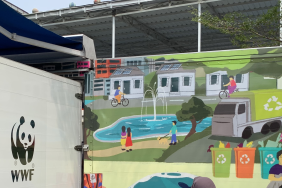SUPPORTERS SUPPORT EFFORTS TO REDUCE WASTE IN LABUAN BAJO
By: Indarwati Aminuddin and Sus Yanti Kamil
In Labuan Bajo, at least one person generates one plastic or can waste every day. The waste comes from markets, shops, restaurants, cafes, mobile food vendors, or pharmacies. Most of the waste is in the form of plastic bags, mosquito repellent cans, beverage cans, bottles, and glasses.
Where does the trash end up? The answer is on the coast and in the corners of harbors, in landfills, or floating in the ocean and potentially eaten by certain species that think the trash is food. Trash will also be carried by the waves and end up in the yards of people who live by the sea.
In fact, plastic waste is a serious threat to the environment because it takes 20-100 years to decompose in the soil. Plastic waste is also a threat to turtles and other marine species in the Komodo National Park area. The West Manggarai Regency Government also admitted that it is hampered by the limited facilities and funding it has. Moreover, in addition to being a source of disease and disturbing beauty, the problem of poorly managed waste in Labuan Bajo will also disrupt the stability of the tourism industry there.
In commemoration of Earth Day, which falls on April 22, WWF-Indonesia together with the West Manggarai Regency Government, diving operators, waste management communities, a number of schools, environmentally conscious tourists, and local artists in Labuan Bajo conducted a ""Clean Up Beach"" activity in the form of sweeping garbage at Pede Beach, which has become a public space for residents of the city. The activity, which took place on April 24, 2015, was supported by cleaning equipment purchased from donations from WWF-Indonesia Supporters. No less than 500 participants were involved in this activity.
For tourism businesses and the general public, taking part in the day's activities is a form of commitment to respect nature, because they have gained many sources of livelihood from nature. Meanwhile, for the West Manggarai Regency Government, its active role in the activity is a positive signal towards better change in Labuan Bajo.
Unlike the previous ""Clean Up Beach"" activity, this year the waste cleanup was continued with the activity of sorting organic and non-organic waste. The Komodo Waste Multipurpose Cooperative (KSU) took a big role by receiving the waste and conducting further processing, especially for paper waste, cans, bottles, and so on. KSU Sampah Labuan Bajo has previously received donations of equipment from WWF-Indonesia Supporters, including two motorbikes for transporting waste, a plastic shredder, and a waste press.





